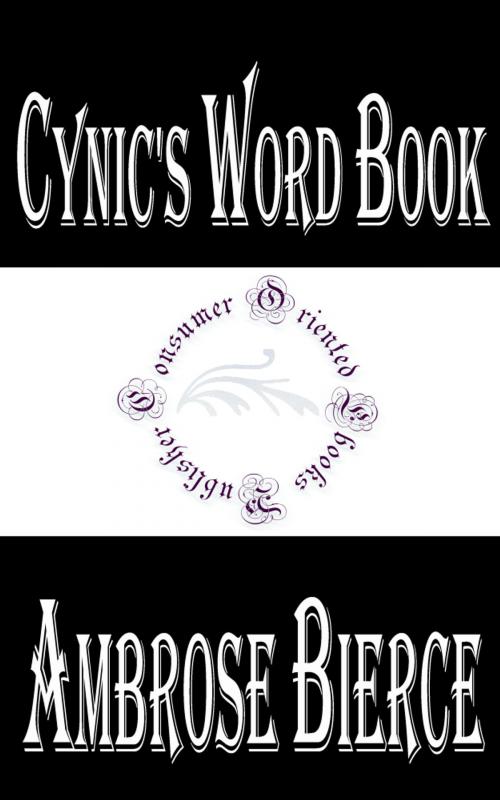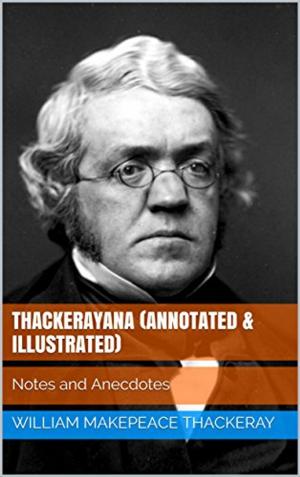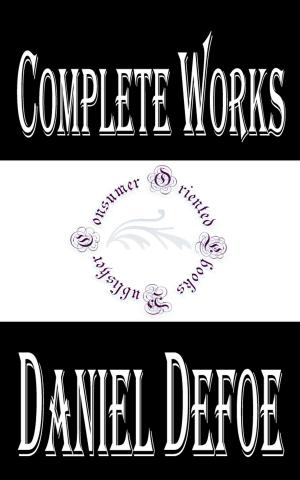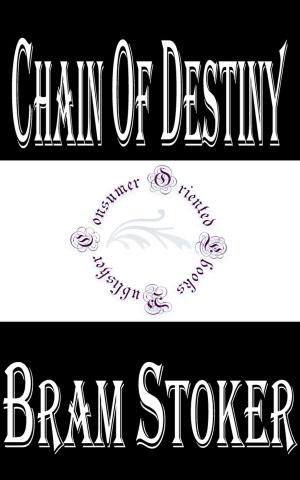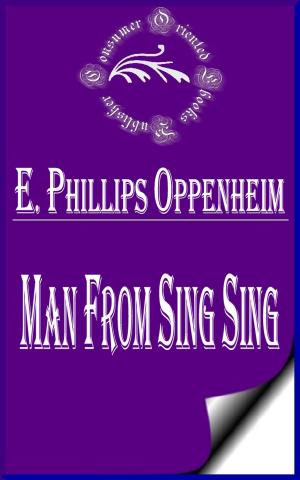| Author: | Ambrose Bierce | ISBN: | 1230000289226 |
| Publisher: | Consumer Oriented Ebooks Publisher | Publication: | January 2, 2015 |
| Imprint: | Language: | English |
| Author: | Ambrose Bierce |
| ISBN: | 1230000289226 |
| Publisher: | Consumer Oriented Ebooks Publisher |
| Publication: | January 2, 2015 |
| Imprint: | |
| Language: | English |
With reference to certain actual and possible questions of priority and
originality, it may be explained that this Word Book was begun in the
San Francisco "Wasp" in the year 1881, and has been continued, in a
desultory way, in several journals and periodicals. As it was no part of
the author's purpose to define all the words in the language, or even to
make a complete alphabetical series, the stopping-place of the book
was determined by considerations of bulk. In the event of this volume
proving acceptable to that part of the reading public to which in
humility it is addressed--enlightened souls who prefer dry wines to
sweet, sense to sentiment, good English to slang, and wit to humor--there
may possibly be another if the author be spared for the compiling.
A conspicuous, and it is hoped not unpleasing, feature of the book is
its abundant illustrative quotations from eminent poets, chief of whom
is that learned and ingenious cleric, Father Gassalasca Jape, S. J.,
whose lines bear his initials. To Father Jape's kindly encouragement and
assistance the author of the prose text is greatly indebted.
A. B.
Washington, D. C.,
May, 1906
With reference to certain actual and possible questions of priority and
originality, it may be explained that this Word Book was begun in the
San Francisco "Wasp" in the year 1881, and has been continued, in a
desultory way, in several journals and periodicals. As it was no part of
the author's purpose to define all the words in the language, or even to
make a complete alphabetical series, the stopping-place of the book
was determined by considerations of bulk. In the event of this volume
proving acceptable to that part of the reading public to which in
humility it is addressed--enlightened souls who prefer dry wines to
sweet, sense to sentiment, good English to slang, and wit to humor--there
may possibly be another if the author be spared for the compiling.
A conspicuous, and it is hoped not unpleasing, feature of the book is
its abundant illustrative quotations from eminent poets, chief of whom
is that learned and ingenious cleric, Father Gassalasca Jape, S. J.,
whose lines bear his initials. To Father Jape's kindly encouragement and
assistance the author of the prose text is greatly indebted.
A. B.
Washington, D. C.,
May, 1906
